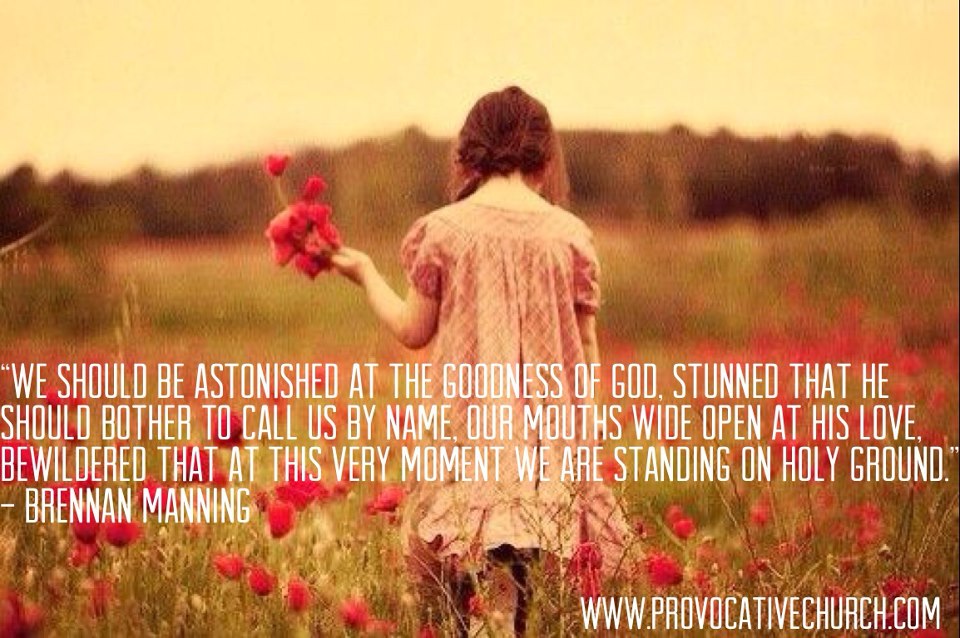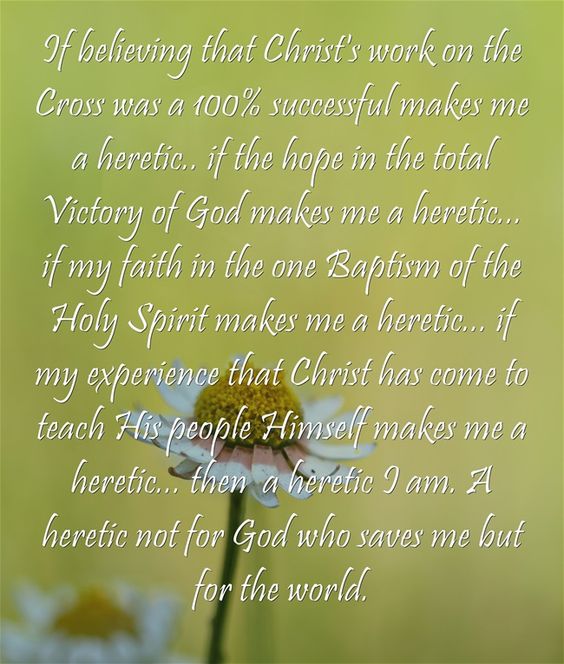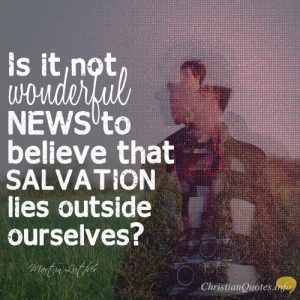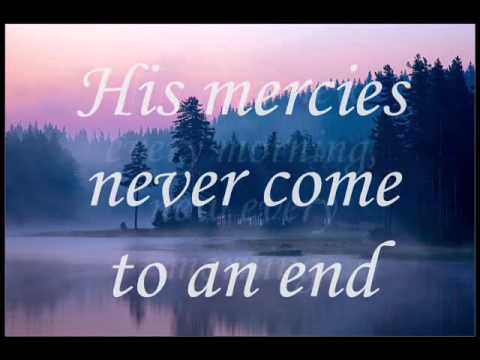
“Whatever we say about hell must be said under the rubric of a universal and effective reconciliation of all things in Christ. If we choose to say where hell is, it must somehow be inside Jesus' reconciliation. If we choose to explain how hell can be, we must somehow say that Jesus accepts our choosing of it without willing us into it in any deterministic way. If we want to say what hell does, we must somehow leave it with no detrimental effect on the universal picnic. And if we are so bold as to attempt to say what hell is like, we must somehow make it even more of a nothing than our first death, which is its master image.” - Robert Farrar Capon-
“You all belong to God! Whether you are godless or devout, under judgment or under grace, blessed or damned, you belong to God, and God is good and wants what is best for you.” - Christoph Friedrich Blumhardt-
“The theological function of hell … is to be a sacrament to the ultimate and real element of risk by which alone we can recognize a world ruled by love. Universalism, as an overriding theological principle, is a false start.
On the other hand, if you ask whether there is in fact a hell - whether specific persons will actually go so far as to insist on a second death in the face of their resurrection by the supreme Lover himself - that's another matter altogether.” - Robert Farrar Capon-
“Whatever we say about hell must be said under the rubric of a universal and effective reconciliation of all things in Christ. If we choose to say where hell is, it must somehow be inside Jesus' reconciliation. If we choose to explain how hell can be, we must somehow say that Jesus accepts our choosing of it without willing us into it in any deterministic way. If we want to say what hell does, we must somehow leave it with no detrimental effect on the universal picnic. And if we are so bold as to attempt to say what hell is like, we must somehow make it even more of a nothing than our first death, which is its master image.” -Robt. F. Capon-
“But at length, O God, will you not cast Death and Hell into the lake of Fire - even into your own consuming self? Death shall then die everlastingly. ... Then indeed will you be all in all. For then our poor brothers and sisters, every one - O God, we trust in you, the Consuming Fire - shall have been burnt clean and brought home. For if their moans, myriads of ages away, would turn heaven for us into hell - shall a man be more merciful than God? Shall, of all His glories, His mercy alone not be infinite? Shall a brother love a brother more than The Father loves a son? - more than The Brother Christ loves His brother? Would He not die yet again to save one brother more?” -George MacDonald-
“God's love strides unswerving through everything, like a hero, and will not be insulted, despised, if rejected; it marches through the world with the helmet of hope on its head.” -Christoph F. Blumhardt-
William Law (1686-1761)
"Love, goodness, and communication of good, is the immutable glory and perfection of the divine nature, and nothing can have union with God, but that which partakes of this goodness. The love that brought forth the existence of all things, changes not through the fall of its creatures, but is continually at work, to bring back all fallen nature and creature to their first state of goodness. All that passes for a time between God and his fallen creature, is but one and the same thing, working for one and the same end; and though this is called wrath, that called punishment, curse, and death, it is all from the beginning to the end, nothing but the work of the first creating love, and means nothing else, does nothing else, but those works of purifying fire,]which must, and alone can burn away all that dark evil, which separates the creature from its first created union with God. God's providence, from the fall to the restitution of all things, is doing the same thing, as when he said to the dark chaos of fallen nature, "Let there be light"; he still says, and will continue saying the same thing, till there is no evil of darkness left in all that is nature and creature. God creating, God illuminating, God sanctifying, God threatening and punishing, God forgiving and redeeming, is but one and the same essential, immutable, never ceasing working of the divine nature. That in God which illuminates and glorifies saints and angels in heaven, is that very same working of the divine nature, which wounds, pains, punishes, and purifies sinners upon earth. And (N.B.) every number of destroyed sinners, whether thrown by Noah's flood, or Sodom's brimstone, into the terrible furnace of a life, insensible of anything but new forms of raging misery till judgment's day, must through the all -working, all- redeeming love of God, which never ceases, come at last to know that they had lost, and have found again such a God of love as this."
"And if long and long ages of fiery pain, and tormenting darkness. fall to the share of many, or most of God's apostate creatures, they will last no longer, than till the great fire of God has melted all arrogance into humility, and all that is self died in the long agonies and bloody sweat of a lost God, which is that all-saving cross of Christ, which will never give up its redeeming power, till sin and sinners have no more a name among the creatures of God." -William Law-
Works by William Law =
A Serious Call to a Devout and Holy Life (1729)
A Demonstration of the Gross and Fundamental Errors of a late Book called a Plain Account, etc., of the Lord's Supper (1737)
Bounds and Reasons of the Christian Regeneration (1731)
Appeal to all that Doubt and Disbelieve the Truths of Revelation (1740)
An Earnest and Serious Answer to Dr Trapp's Sermon on being Righteous Overmuch (1740)
The Spirit of Prayer (1749, 1752)
The Way to Divine Knowledge (1752)
The Spirit of Love (1752, 1754)
A Short but Sufficient Confutation of Dr Warburton's Projected Defence (as he calls it) of Christianity in his Divine Legation of Moses (1757).
Reply to The Divine Legation of Moses.
A Series of Letters (1760)
A Dialogue between a Methodist and a Churchman (1760)
An Humble, Earnest and Affectionate Address to the Clergy (1761) renamed "The Power of the Spirit" by Andrew Murray in his 1896 reprint.
You Will Receive Power
The Way to Christ by Jakob Boehme, translated by William Law
Last edited:
Upvote
0





